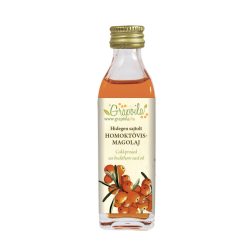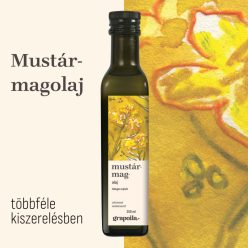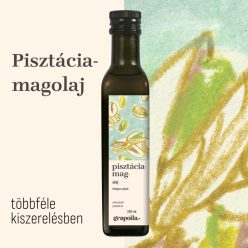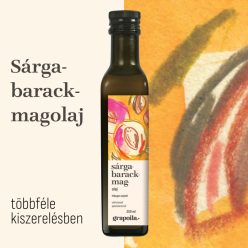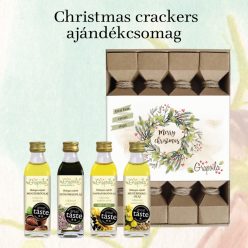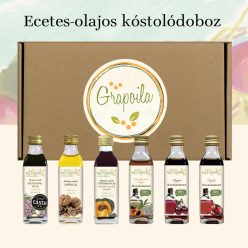The most gentle and environmentally friendly method of oil pressing is cold pressing, which solely involves mechanical pressing. True cold-pressed oils are extracted from raw, unroasted seeds without any heat treatment or additives (such as salting or solvents). The pressing is done using specially developed screw presses that can overcome the resistance of even the hardest seeds. The press head might warm up slightly due to mechanical friction, but we intentionally do not roast the seeds to preserve their health-protective components and transfer them into the oil. After pressing, the oil undergoes settling, filtering, and bottling without the use of preservatives. The valuable fat-soluble components of the seeds easily flow into the oil, enriching it with vitamin E, polyunsaturated fatty acids, and antioxidants (various polyphenols, phytosterols, etc., depending on the type). The taste, color, and aroma of cold-pressed oils closely resemble that of the original plant/seed. In contrast, the refined oils found on store shelves achieve their final form through a complex manufacturing process that involves the use of chemicals. This technology extracts a much larger quantity of neutral-tasting and smelling, long-lasting, high-smoke-point oil from the same amount of seeds, and offers it at a relatively low price. There is a huge difference between refined oil production and cold pressing not only in yield, quality, and content (health-protective components) but also in terms of environmental impact.
In the case of Grapoila products, this gentle, chemical-free production process is combined with a zero-waste philosophy, meaning we strive to make versatile use of the by-products and end-products of oil production, resulting in an exciting product range that includes gourmet butters, seed flours, and natural cosmetics.
A frissesség megőrzése érdekében a hidegen sajtolt olajokat fénytől, hőtől (tűzhely, radiátor stb.) védett, hűvös helyen tárolja. Felbontás után érdemes hűtőszekrényben tartani. (A hidegtől az olaj opálossá válhat, ez azonban nem befolyásolja a minőséget.) Tipp: amíg nem érez avas ízt az olajon, addig bátran elfogyaszthatja. Az avas illat nem minden esetben jelenti a termék lejártát, távolítsa el az olajkiöntő betétet az üveg nyakáról és kóstolja meg az olajat! A műanyagon keletkező filmréteg ugyanis hajlamos az avasodásra, de az üvegben található olaj ettől még hibátlan lehet.

